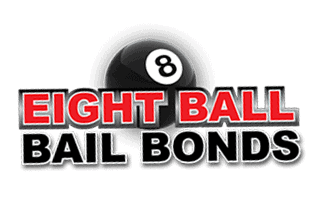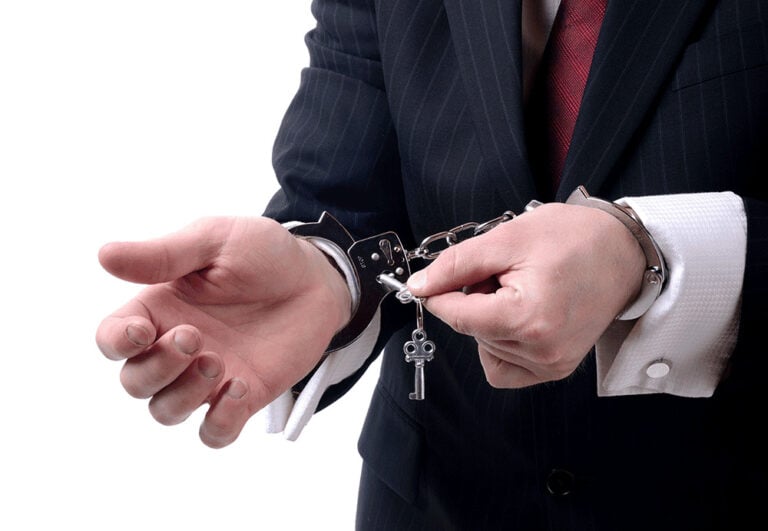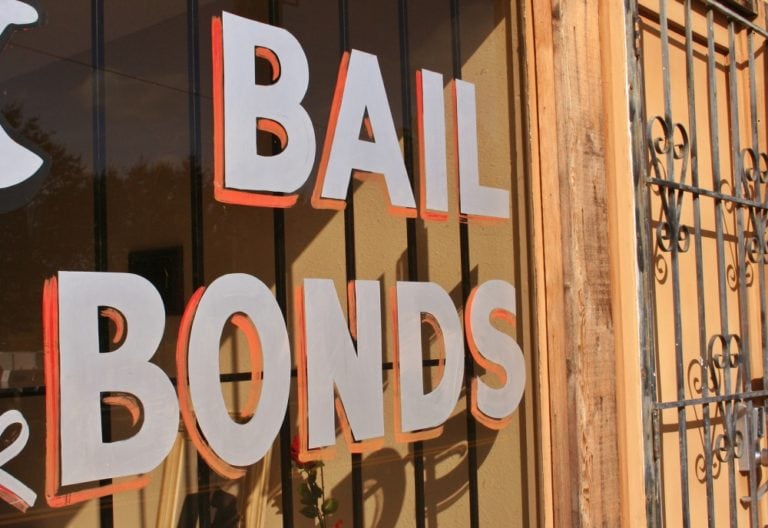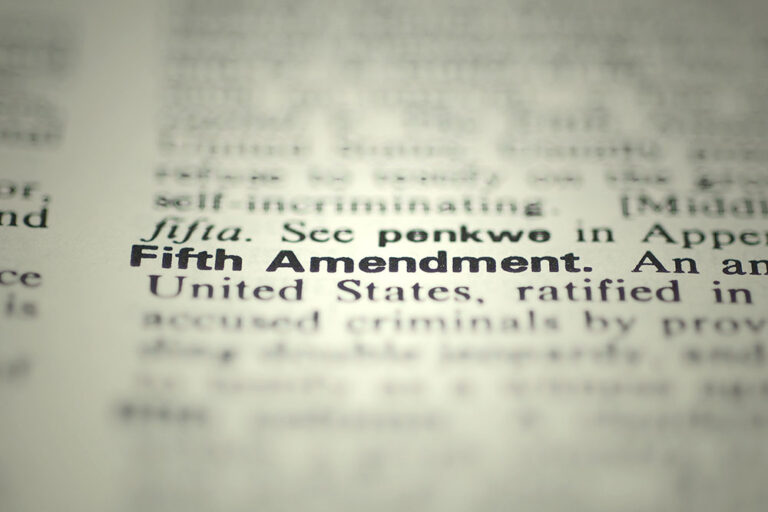How To Temporarily Get Out Of A Santa Cruz Jail
Whether you are guilty or innocent, you do not have to spend the rest of your time waiting for the final verdict languishing in a Santa Cruz jail cell.
Trials can last anywhere between a few weeks or several months. In between this period, you can post bail so you can use the time waiting for the final judgment for other purposes, including spending it with family and friends, returning to work to prevent a disruption in the flow of your finances, or even settling things or issues that you can no longer attend to should you be found guilty of the charges brought against you.
A person who has been arrested is allowed to be released either by posting money, pledging a piece of property, or upon making a personal promise to attend all court hearings.
Bail is defined as money, bond or property that an accused person gives to the court to ensure his attendance of court hearings. In the American judicial system, judges set the amount that needs to be paid by the accused. In some cases, jails use a standard bail schedule for common crimes. This schedule specifies the amount that a person has to pay to get out of jail and is especially helpful if he does not want to spend a night or two in a jail cell while waiting for an appointment with a judge.
 A judge determines the amount of bail that an accused person needs to pay based on several factors. These include the type of crime committed, the accused person’s criminal record, his likelihood of fleeing, and his financial capacity. In this regard, two people accused of committing a similar crime may need to post different amounts for bail.
A judge determines the amount of bail that an accused person needs to pay based on several factors. These include the type of crime committed, the accused person’s criminal record, his likelihood of fleeing, and his financial capacity. In this regard, two people accused of committing a similar crime may need to post different amounts for bail.
The question that might be swirling in your mind is whether posting bail is your right or a privilege. The option to post bail can be denied by a judge when the accused has committed a capital offense, if the chance of him skipping trial is high, or if he poses a threat to members of the community. In the Bail Reform Act of 1966, an accused person should be given the opportunity to post bail unless the judge proves that the defendants will flee. The Act has been amended in 1984 such that if the judge believes that the accused is capable of endangering the community, the option to post bail can be denied.
An accused can either pay for his bail using his own money or through Santa Cruz bail bonds. If you have the required sum of money or if you have friends or relatives you can borrow from, you can pay for your own bail. The bail posted will subsequently be refunded to you, whether you are innocent or guilty, unless you skip a court date. On the other hand, you can work with a bonding agency where you’ll need to make a down payment of 10 percent of the bail set by the judge while the agency pays for the remainder of the amount. After trial, no amount of money will be refunded to you.







